
Sludge is friction through unnecessary red tape. Cass R. Sunstein wrote a book about it and the OECD is currently exploring the contribution that behavioural science can make to service design by partnering with the Government of New South Wales (NSW) in Australia to reduce unjustified frictions in citizens' interactions with government.

This study has collated evidence which on balance indicates a strong case to reform digital advertising. It indicates that the status quo is unsustainable for individuals, publishers and advertisers.

Robots Won't Save Japan addresses the Japanese government's efforts to develop care robots in response to the challenges of an aging population, rising demand for eldercare, and a critical shortage of care workers.

Two articles in the last few days took on the world of consulting. Rebecca Ackermann in the MIT Technology Review wrote on how the shine of design thinking has worn off, while Henry Mance interviewed Mariana Mazzucato in the Financial Times on her new book The Big Con, where she lambasts business consultancies for having no expertise in the areas that they’re advising in.
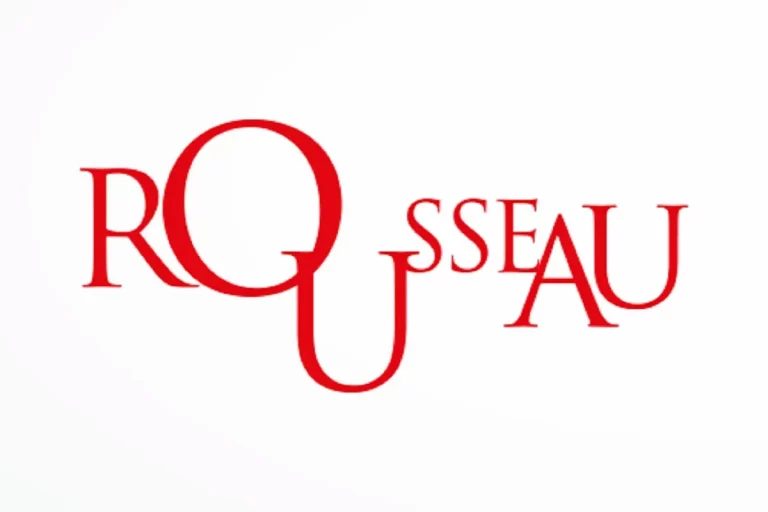
The online voting platform that was used by Italy's Five Star Movement to select the candidates for the 2013 parliamentary elections didn't take account of human decision heuristics and cognitive shortcuts, research shows.
Candidates were more likely to attract votes if they appeared towards the top of the screen and if they appeared more likeable from the self-uploaded picture.
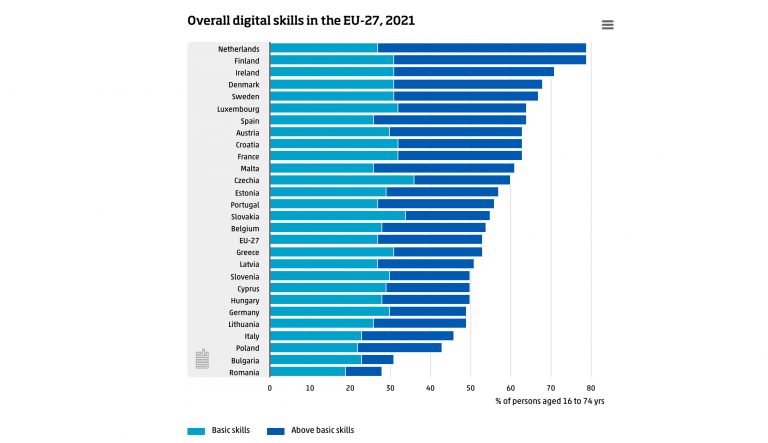
Dutch and European research highlights the struggles of Europeans (incl. the Dutch) in accessing financial services in an increasingly digital society. A new Italian initiative, the Polis Project, seeks to do something about it.
But, besides the fairly low 54 percent EU average, a new study by the Dutch National Bank (reported on yesterday by De Volkskrant, a Dutch daily newspaper) highlights how the Dutch 80% number camouflages the real difficulties many Dutch have with financial services in an increasingly digital society.

These are guidelines for any individual or organisation interested in designing, planning, and implementing a citizen participation process. The guidelines walk the reader through ten practical steps, and detail eight different methods that can be used to involve citizens in policy making. This publication is illustrated with good practice examples.

A report by researchers at New York University warns that biometric and other digital ID systems that are increasingly linked to large-scale human rights violations, especially in the Global South.

In the three years since the last Global Happiness and Well-Being Policy Report, governments have faced a cascade of challenges to the well-being of their populations.

How to use systems thinking to drive improved outcomes in complex situations.

Many behavioral scientists propose and test interventions that attack policy problems by seeking to change individual behavior (adopting an “i-frame”) rather than the system in which they operate (an “s-frame”). Such i-frame interventions, which typically have small or null effects, reduce support from more effective systemic actions (such as regulation and taxation). For this reason, researchers advocating i-frame solutions may have unwittingly helped promote the interests of corporations who oppose systemic change.

One of the key success factors of Regulatory Technology ("RegTech") is a commitment to radical user-centricity, according to a new white paper by the World Economic Forum.

Applying behavioural science to environmental challenges can help policymakers better target and redirect unsustainable behaviours. This report draws on published work to provide an overview of behaviourally informed interventions, why they should be considered by governments and how they can be devised and applied.

Research shows public deliberation can change participants’ opinions when it comes to public policy. Citizens who participate in mini-publics often listen to the arguments of others and form different views. They also often produce robust decisions, which are then - unfortunately - ignored by policy makers.
- AI, Conference, Education, Educational services, Experientia, Experientia, Health, Healthcare, Italy, Jan-Christoph Zoels, Mobility, Public services, Technology (general), Turin
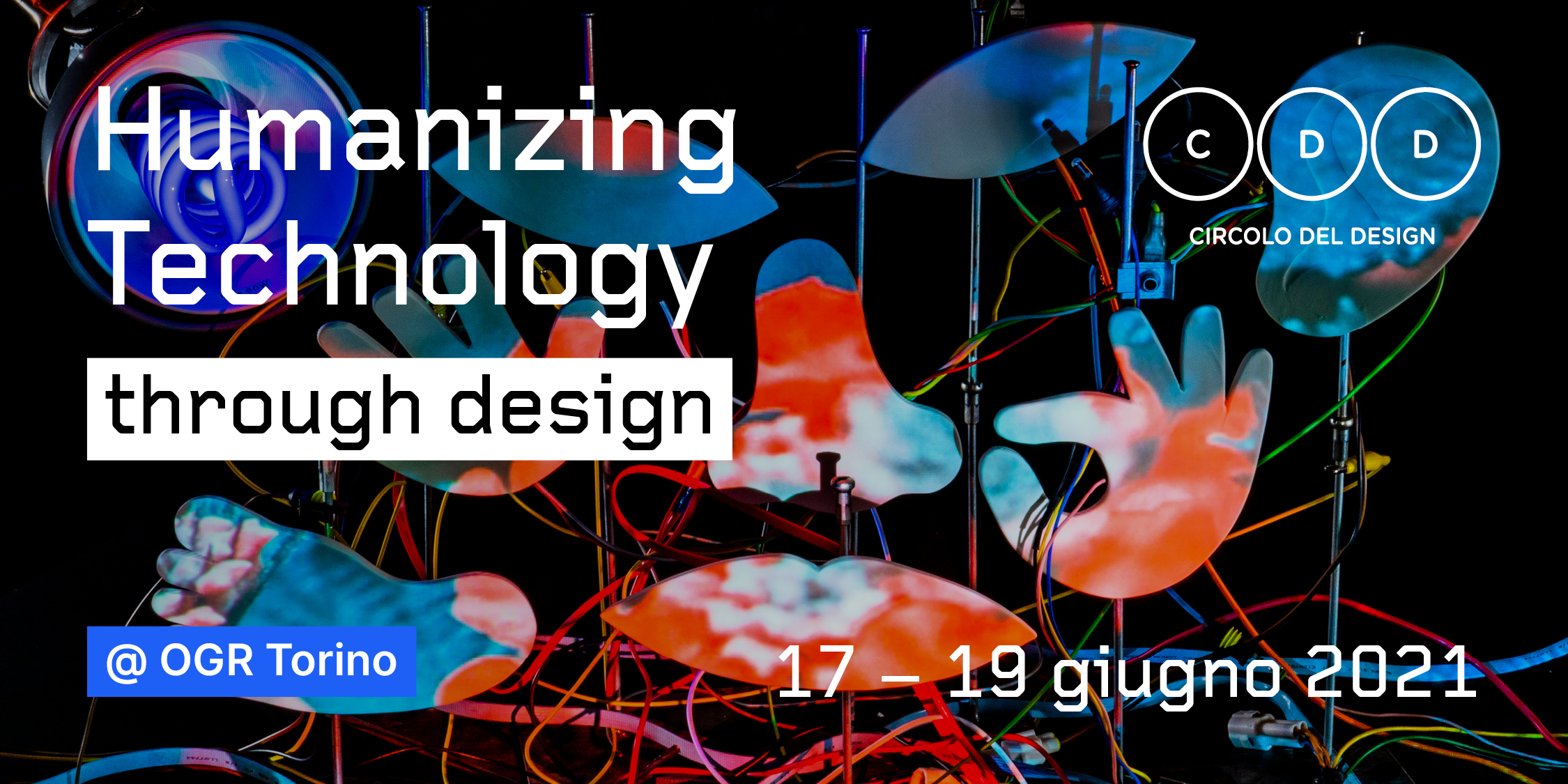
Curated by Experientia partner Jan-Christoph Zoels and Sara Fortunati, director of the Torino Circle of Design, the conference dealt with the best international practices about the humanization of technology. It was structured into six different thematic sessions: ethics, public services, healthcare, AI, mobility and learning. All videos are now available, with English subtitles.

The use of nudge theory to inform policy interventions in response to COVID-19 has re-opened debates over the politically paternalistic nature of governing by ‘nudges’ and has given momentum to calls to include the more participatory elements of co-design into policymaking

Several Covid-19 policies have shown "just how deeply some governments distrust their citizens. As if the virus was not enough, the public was portrayed as an additional part of the problem". But, asks Prof. Stephen Reicher of the University of St Andrews, "is this an accurate view of human behaviour"?
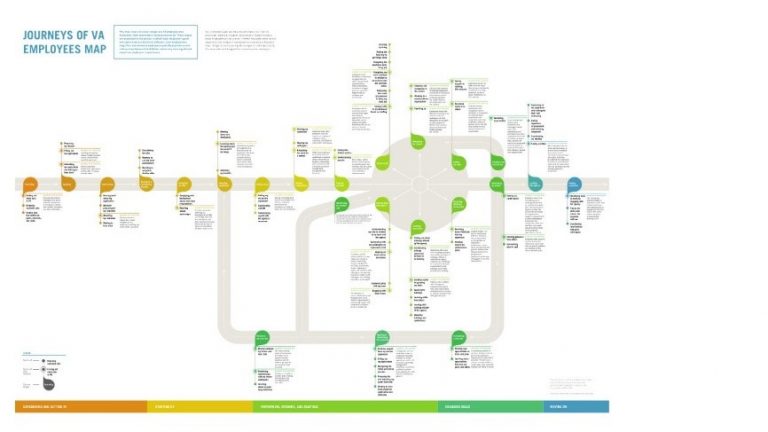
The employee experience (EX) journey map of the US Government’s Department of Veteran Affairs (VA) identifies the moments that matter during a VA employee’s career using the same human-centered design process that VA’s Veterans Experience Office (VEO) has applied in the development…
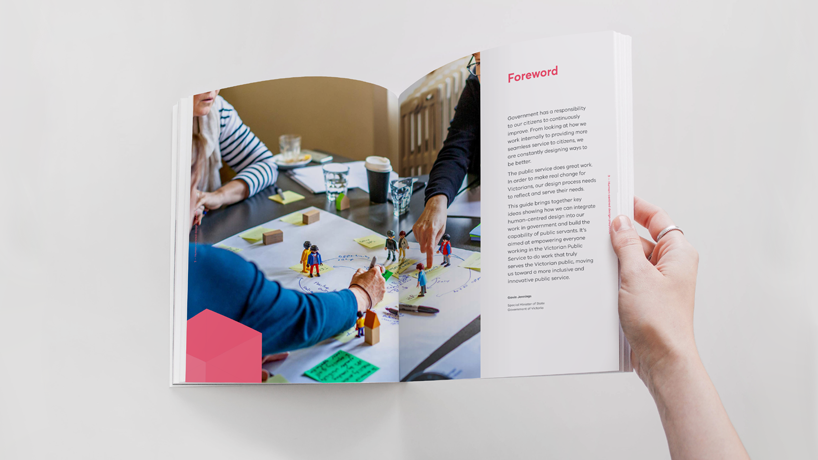
This guide brings together key ideas showing how we can integrate human-centred design into our work in government and build the capability of public servants.
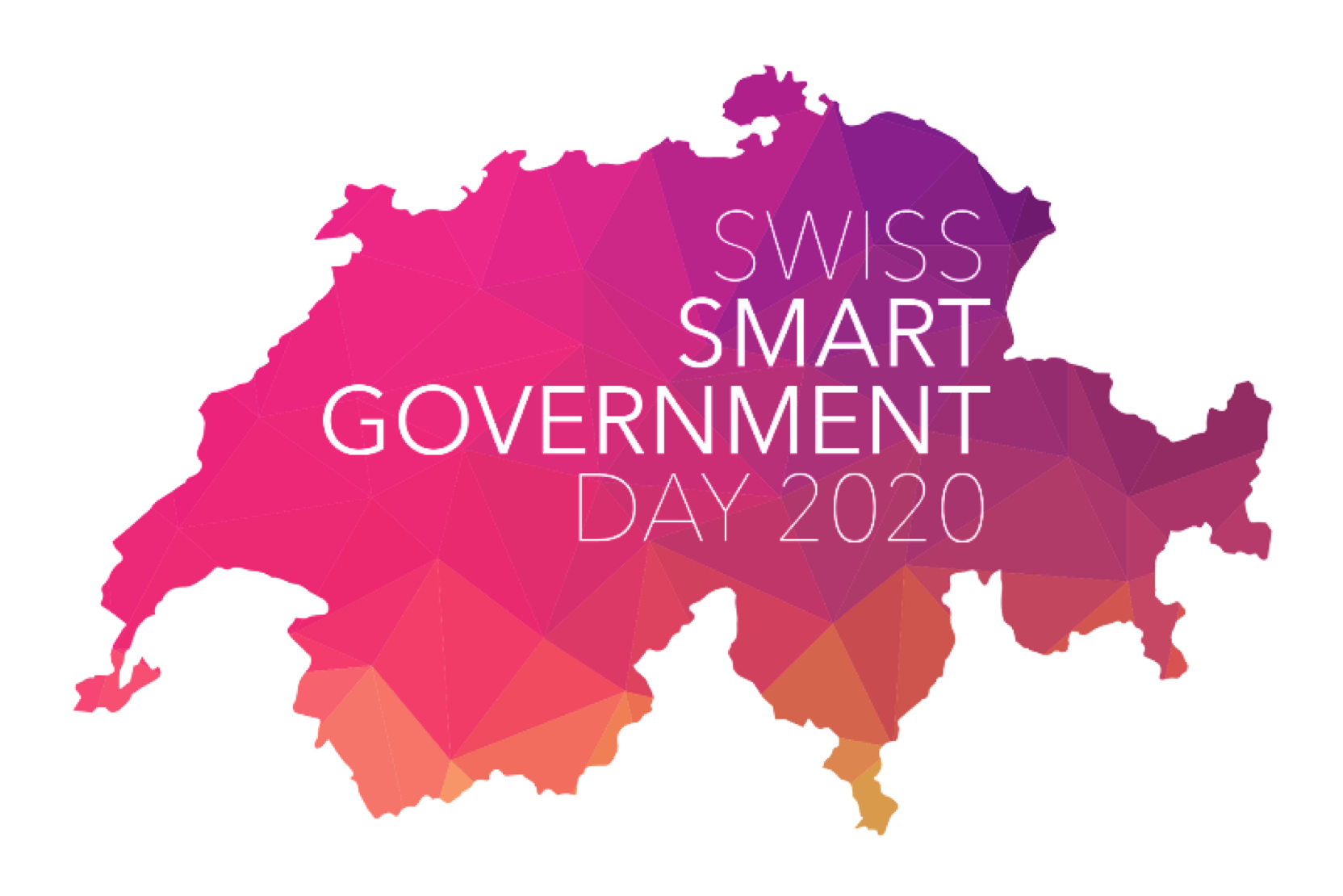
Experientia's partner Jan-Christoph Zoels and our Swiss collaborator Thomas Schertenleib will be leading the process workshop "Culture of participation: digital stakeholder engagement post COVID" at the upcoming Swiss Smart Government Day (8 September 2020, St. Gallen).



















